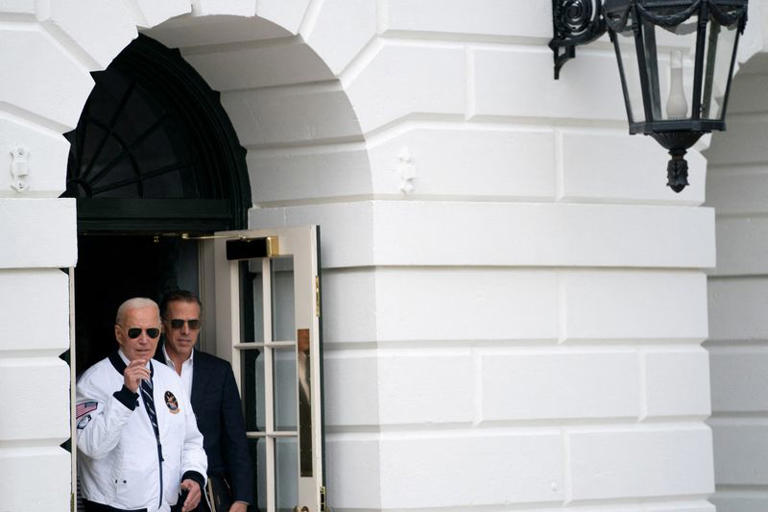
The White House said on Monday that President Joe Biden pardoned his son Hunter in part to protect him from future persecution from political opponents, but his move drew fierce criticism, with some Democrats saying it undermined public trust in the rule of law.
Biden, a Democrat whose term ends on Jan. 20 when Republican President-elect Donald Trump takes office, signed an unconditional pardon for Hunter Biden on Sunday and said he believed his son had been selectively prosecuted and targeted unfairly by the president’s political opponents.
Biden said in the past that he would not pardon his son, including to ABC News in June when he was asked if he would rule it out and replied “yes.”
His surprise move was panned by his Republican political opposition, but also by Democrats who said it eroded trust in the judicial system, a concept Biden and his party had used to criticize Trump.
Hunter was prosecuted for tax offenses and charges related to possession of a firearm after being targeted for years by Republicans in Congress who accused him of making business deals using his father’s name but failed to establish any clear connections.
White House spokesperson Karine Jean-Pierre on Monday defended the president’s action and said Biden believed Hunter faced further grief from his adversaries, who she did not name. Jean-Pierre was among the White House officials who had repeatedly said in the past Biden would not pardon his son.







